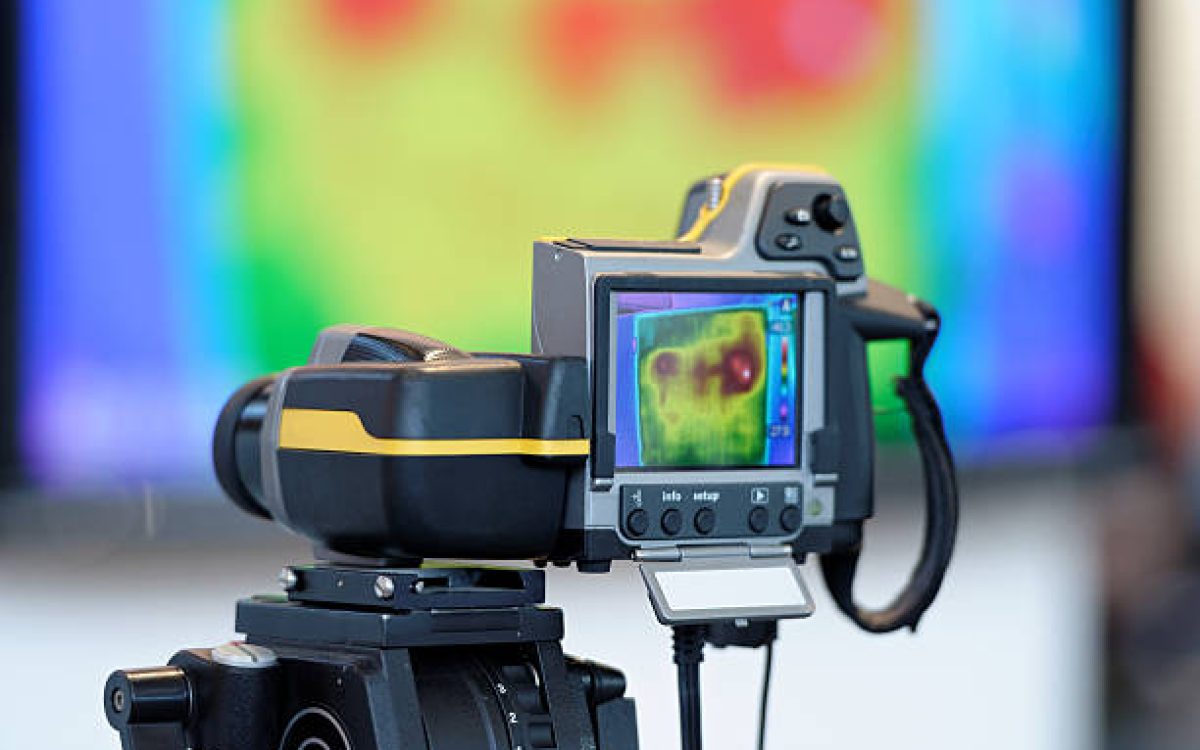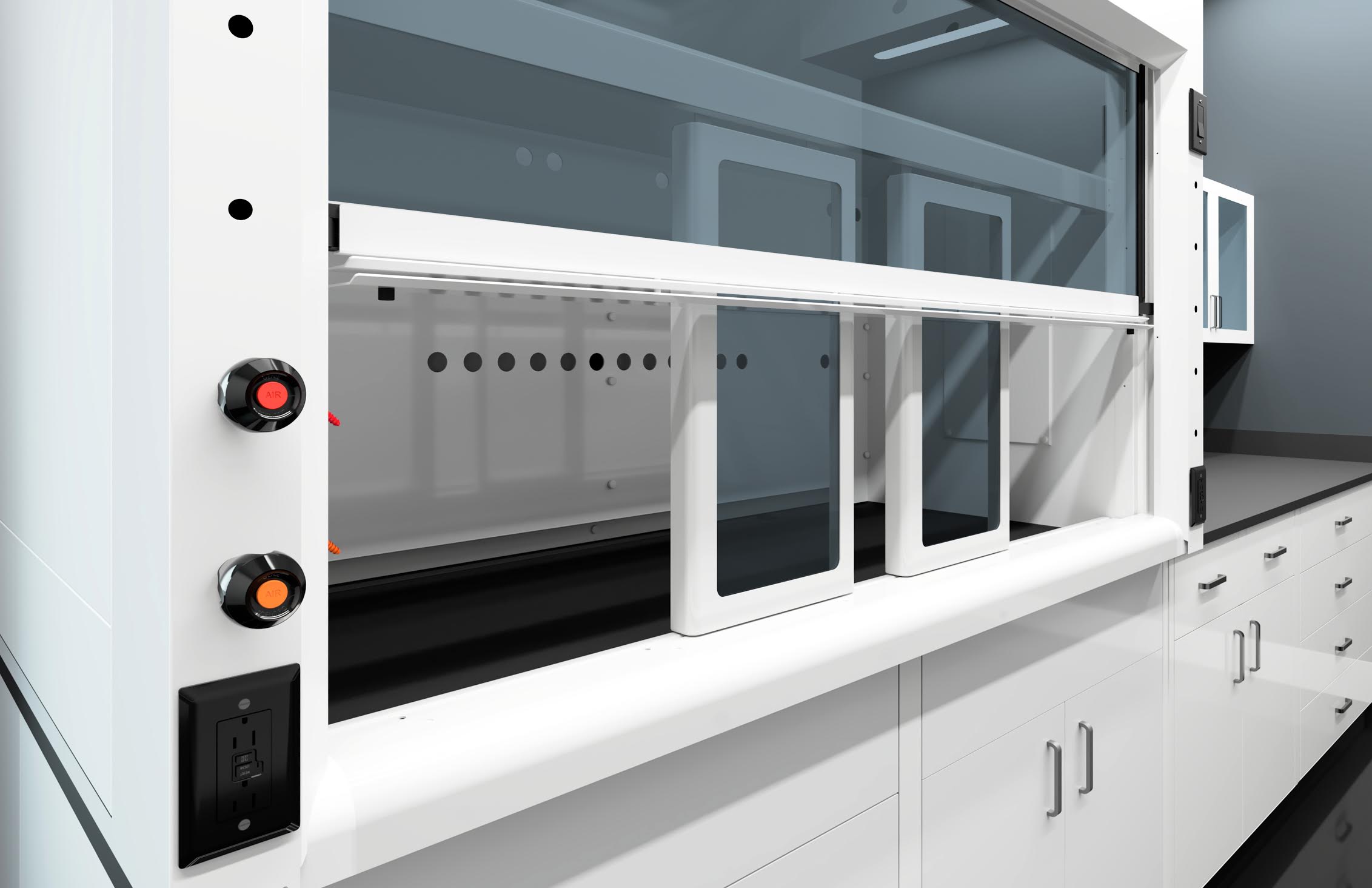Thermal imaging has become an indispensable tool in sectors such as industrial maintenance, power generation, building diagnostics, and energy management. Whether detecting overheating components in switchgear or verifying HVAC system efficiency, thermal cameras help uncover hidden issues that traditional inspections might miss.
However, the effectiveness of these inspections depends heavily on the accuracy of the camera. Over time, internal sensors can degrade or drift, leading to inaccurate readings. To maintain precision, safety, and compliance, organizations in Malaysia are increasingly turning to certified thermal camera calibration services.
Why Thermal Camera Calibration Is Necessary
Infrared cameras convert heat into measurable temperature readings and visual heat maps. These readings guide critical decisions in maintenance, safety, and energy conservation. If the camera is not calibrated properly, even a minor deviation could lead to:
- False alarms or missed fault detection
- Misleading maintenance reports
- Wasted energy and resources
- Non-compliance with regulatory standards
Calibration restores measurement accuracy by comparing the device against a known temperature reference and making any required adjustments or corrections.
Standards and Accreditation in Malaysia
In Malaysia, calibration activities are governed by internationally recognized frameworks. The Skim Akreditasi Makmal Malaysia (SAMM), managed by the Department of Standards Malaysia (Jabatan Standard Malaysia), oversees laboratory accreditation under ISO/IEC 17025.
Calibration laboratories accredited under SAMM follow strict technical procedures to ensure traceable, repeatable, and scientifically valid results. These labs are authorized to issue calibration certificates that meet the requirements of:
- ISO 9001 quality systems
- Energy audit protocols
- Engineering maintenance standards
- Industrial safety regulations
The Calibration Process: What to Expect
Calibration involves testing the thermal camera’s readings against a known and controlled heat source, typically a blackbody calibrator. The steps usually include:
- Device assessment: Technicians inspect the camera’s condition and specifications.
- Temperature reference comparison: The device’s readings are compared to the output of a calibrated blackbody across multiple temperatures.
- Measurement validation: Any deviations are recorded. If applicable, the device is adjusted to correct drift.
- Documentation: A calibration certificate is issued, detailing uncertainty, test conditions, traceability, and validity dates.
- Next calibration interval: Recommendations are made based on the device’s application and environment.
Most thermal cameras should be calibrated annually, but high-usage or critical systems may require more frequent validation.
Benefits of Thermal Camera Calibration
Accurate Diagnostics and Preventive Maintenance
Whether you’re monitoring motors, electrical panels, or pipe systems, calibrated cameras ensure you detect the right problems at the right time. This helps reduce false positives and avoid unnecessary downtime or maintenance costs.
Compliance with Energy and Safety Regulations
Thermal data is often used to support audits or inspections. With the introduction of the Energy Efficiency and Conservation Act (EECA) 2024, Malaysian businesses must demonstrate greater energy accountability. Precise thermal measurements help meet the data integrity requirements of audits and certifications.
Confidence in Energy Efficiency Results
By identifying thermal inconsistencies such as energy losses, overheating, or failed insulation components, infrared thermography enables early corrective action to reduce unnecessary energy use and avoid major repair costs. In Malaysia, energy efficiency is also encouraged by regulatory frameworks such as the EECA 2024.
However, the effectiveness of thermography depends on the precision of thermal measurements. That is why periodic thermal camera calibration performed by ISO/IEC 17025-accredited laboratories under the SAMM guidelines is vital.
When Should You Calibrate Your Thermal Camera?
You should consider recalibration if:
- The device is used in high-temperature or harsh industrial environments
- It has not been calibrated within the past 12 months
- It has been dropped or exposed to physical stress
- You observe inconsistent readings during inspections
- You’re preparing for an audit or compliance check
Key Considerations When Choosing a Calibration Provider
When selecting a service provider for thermal camera calibration in Malaysia, keep these criteria in mind:
- Accreditation: Confirm the lab is certified under SAMM and follows ISO/IEC 17025.
- Reference equipment: Ensure they use certified blackbody sources and precise calibration benches.
- Industry experience: Providers with expertise in thermal imaging understand the importance of accuracy across various applications.
- Turnaround time: Quick service minimizes equipment downtime.
- Documentation quality: Calibration certificates should clearly document traceability, uncertainty, and recommendations for revalidation.
Where Thermal Camera Calibration Matters Most
Calibration is critical in industries such as:
- Electrical Utilities: Detecting faults in transformers, switchgear, and cables.
- Oil and Gas: Ensuring safety in high-temperature environments and pipeline inspections.
- Manufacturing: Monitoring machinery health and thermal consistency in production lines.
- Facilities Management: Conducting energy audits and HVAC inspections.
- Construction: Assessing insulation, moisture penetration, and envelope performance.
Conclusion
Accurate thermal imaging helps organizations save energy, reduce costs, and improve equipment reliability. But that accuracy depends on periodic calibration performed by certified professionals.
If you’re using infrared cameras for critical maintenance or compliance reporting, make sure your equipment is validated through accredited thermal camera calibration services in Malaysia. Look for ISO/IEC 17025-accredited providers under the SAMM scheme to ensure your results are both trustworthy and audit-ready.
For those seeking comprehensive thermal imaging support, including camera calibration, Inframatrix Sdn Bhd offers technical consultation, equipment servicing, and certified training. Learn more at inframatrix.com.my.





